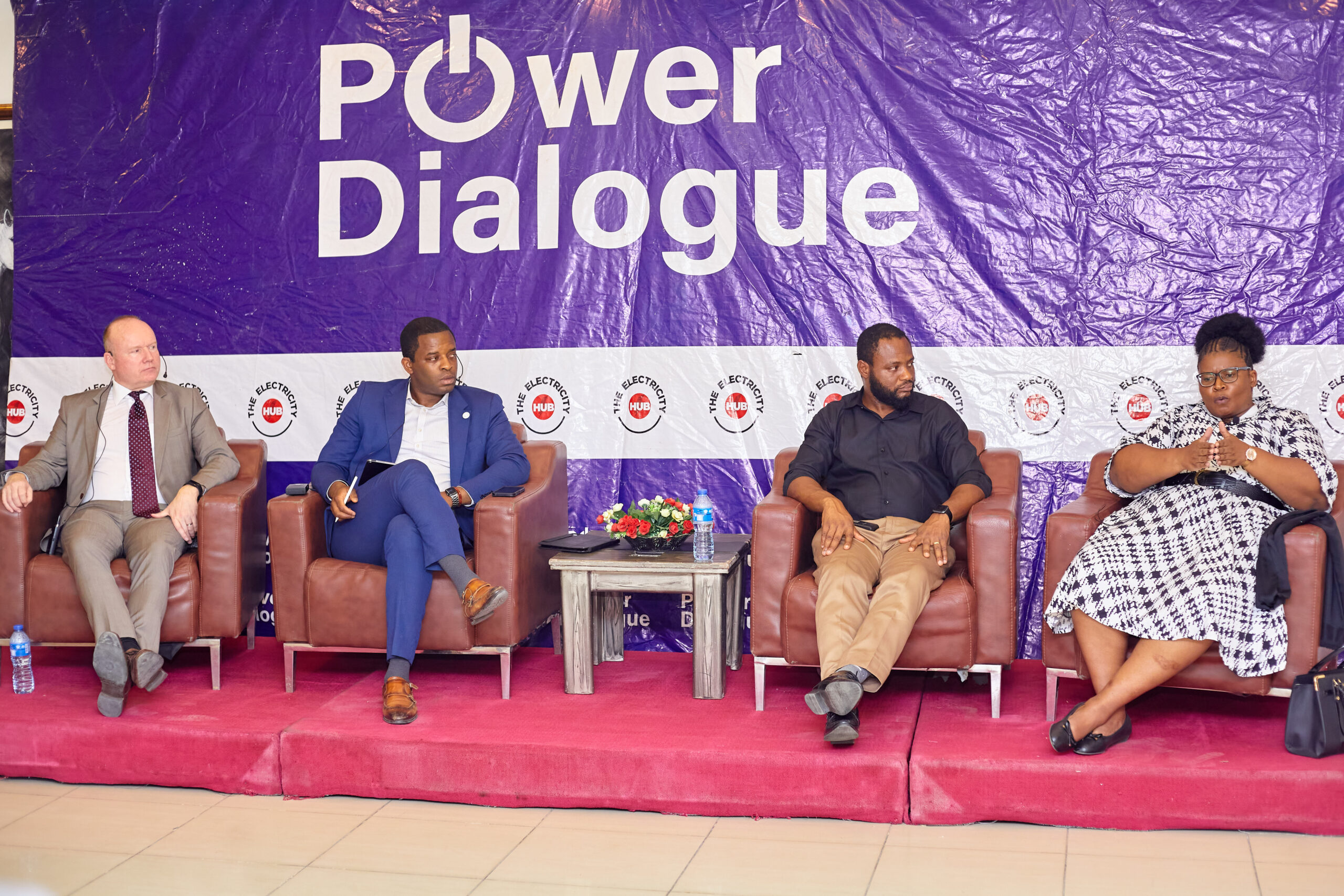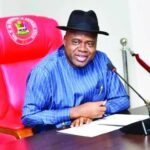Power sector experts have underscored the need for advanced metering, paying bills promptly by consumers and reducing energy losses as vital steps towards achieving a self-funding and self-reliant electricity supply system in Nigeria.
They made their submission at the 90th Power Dialogue organised in Abuja by The Electricity Hub (TEH), with the theme: Examinjng the Nigerian Power Sector on a Spyglass.
The panel comprised experts in the energy sector – Andrew Smith, the Deputy Chief of Party, USAID Power Africa Nigeria Power Sector Program; Elungile Mzimba, the Managing Director of SteamaCo Africa; Chijioke Okwuokenye, the Chief Operating Officer of Abuja Electricity Distribution Company (AEDC), and Emeka Okpukpara, a Partner at Nextier Power, as the Moderator.
The discussions aimed to provide insights into the trajectory of the Nigerian power industry and its impact on grid stability and customer tariffs. One critical aspect addressed was the importance of implementing advanced solutions for metering and monitoring power flows.
“The experts stressed the need for comprehensive systems to understand and analyze data, ensuring accurate net metering and effective management of the power network.
“The conversation also delved into the significance of aligning incentives within distribution companies (Discos), emphasizing the need for cost-effective operations, improved collections, and efficient billing systems”, said a statement issued after the session.
The panelists acknowledged the ongoing efforts in deploying Supervisory Control and Data Acquisition (SCADA) systems for visibility across the entire network.
Amidst the challenges, the panel expressed optimism for the future of Nigeria’s power sector. They noted the achievements and milestones since the privatization in 2013 and highlighted the progressive evolution of the recent Electricity Act.
The participants urged stakeholders, including consumers, to play a crucial role in contributing to a more sustainable and reliable power sector.
According to them, “paying bills promptly and reducing energy losses were emphasized as vital steps towards achieving a self-funding and self-reliant system.
“As Nigeria navigates the complexities of its power landscape, the industry remains focused on addressing fundamental issues and embracing technological advancements to build a resilient and efficient power infrastructure.”
Mr Chijioke Okwuokenye, representing Abuja distribution company (Disco), underscored the importance of addressing revenue shortfalls while emphasising ongoing efforts to rectify the situation. He outlined plans to reconcile regulatory assets owed to the Disco and highlighted the commitment to meeting obligations through strategic initiatives, as he reflected on past milestones and current challenges.
Mr. Andrew Smith emphasised the need for a holistic approach to power sector reform. He stressed the significance of governance, transparency, and stakeholder coordination to drive progress, even as he highlighted the importance of ensuring cost-effective tariffs and stringent measures to deter power theft.
The discussions also delved into the potential of net metering and advanced grid solutions in bolstering grid stability and tariff management.
Panelists emphasised robust data systems and infrastructure prerequisites to leverage such innovations effectively.
Ms Elungile Mzimba highlighted ongoing efforts to deploy innovative technologies and enhance network visibility, underscoring the role of coordinated actions in realising these goals.
Stakeholders expressed optimism about the sector’s prospects while acknowledging the need for concerted efforts and systemic improvements. They emphasised the pivotal role of revenue assurance in sustaining sectoral growth and called for collaborative endeavours to address prevailing challenges.
Mr. Emeka Okpukpara highlighted a significant rise in population over the past decade, with an addition of approximately 20 million people. Against this backdrop, questions arose about the sector’s ability to keep pace with demand and ensure reliable power supply.
Drawing attention to historical data, he noted that the sector’s performance has not kept pace with population growth since privatisation. With concerns about worsening conditions compared to the pre-privatization era, stakeholders sought clarity on strategies to address the narrative of declining service quality.
The dialogue concluded with a collective commitment to advancing sectoral reforms and fostering a conducive environment for sustainable energy development.
Stakeholders pledged to continue engaging in constructive discussions and implementing actionable strategies to drive positive change in the power sector.



